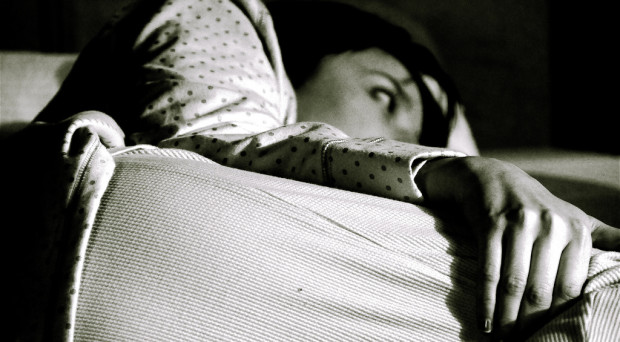
Sleeping poorly and not getting enough sleep are widespread problems. These problems have grown in magnitude with the advent of the technological age. The widespread availability of the incandescent light bulb starting roughly a century ago ushered in a new era in the human relationship with sleep.
Regulating our sleeping habits
No longer are sleep schedules largely dictated by the availability of sunlight, and the average number of hours that those of us in industrialized countries sleep has dropped from around nine hours a hundred years ago to less than seven hours today.
Many people with poor or insufficient sleep turn to substances to either help them sleep, or help them stay awake and alert. Stimulants like caffeine, amphetamines, cocaine, and modafinil promote wakefulness and focus, even in someone who is sleep deprived. People use alcohol, cannabis, and sleeping pills, on the other hand, to help them fall asleep.
Although using substances like these may help with those problems temporarily, research over the past 20 years has shown that using them regularly may create or worsen sleep problems.
Although using substances like these may help with those problems temporarily, research over the past 20 years has shown that using them regularly may create or worsen sleep problems. The review article my colleagues and I wrote brings together the research done on sleep and the use of alcohol, cocaine, cannabis, and opioids (like heroin, methadone, and suboxone).
What did we find?
Our review of the medical literature found that chronic use of these substances leads to problems falling asleep and problems getting enough sleep, particularly the deep sleep that is essential for many normal brain functions like learning and memory.
It is interesting that chronic use of any of these substances led to similar (but not identical) problems with sleep, no matter if the substance was a stimulant like cocaine or a central nervous system depressant like alcohol. Another important finding is that the sleep problems caused by chronic use of these substances may last for months or years, even after the person stops using the substance.
What do our results mean?
One important implication is that people who are trying to stop using substances may require treatment from a medical professional to help them get better sleep.
These findings have many implications. One important implication is that people who are trying to stop using substances may require treatment from a medical professional to help them get better sleep.
If not, studies have shown that persistent poor sleep leads to more relapses to substance use. Another important implication is that people who regularly use substances to help them sleep or stay awake may be making their sleep worse, and putting themselves at greater risk of becoming dependent on the substance.
Today, people are faced with many pressures that make staying awake longer and sleeping less seem necessary to get ahead or even just get by. Unfortunately, using addictive substances to help stay awake or fall asleep leads to more serious problems with sleep that may become chronic.
Poor or insufficient sleep leads people to make mistakes, exercise poor judgment, have accidents, have difficulty regulating their emotions, and achieve less – cognitively and physically – than with adequate sleep. A cultural shift, informed by science, may be required to promote healthier sleep and less reliance on substances for temporary gains at the expense of long-term health.
Comments